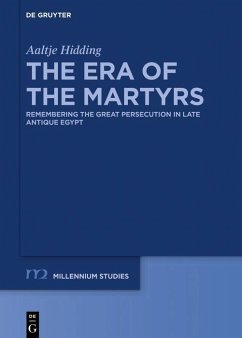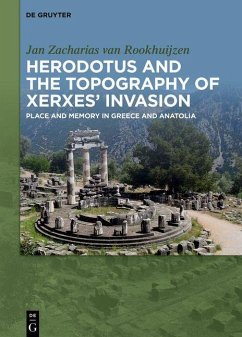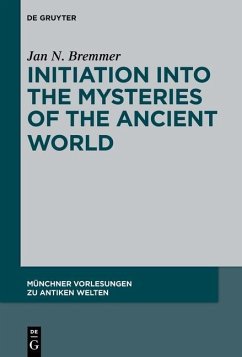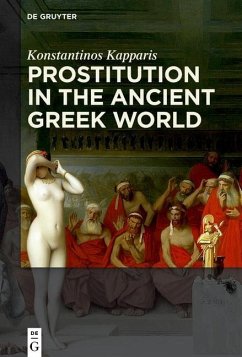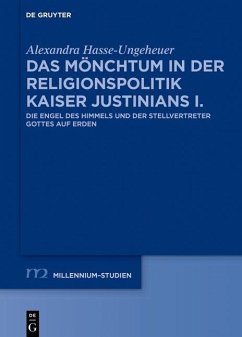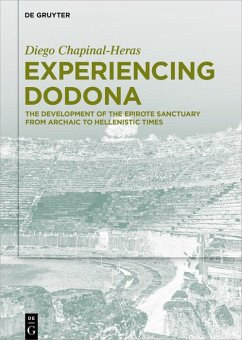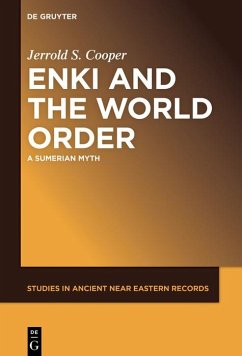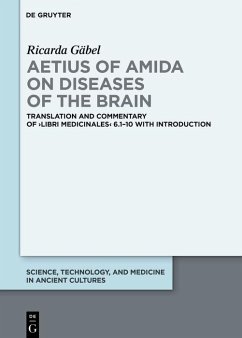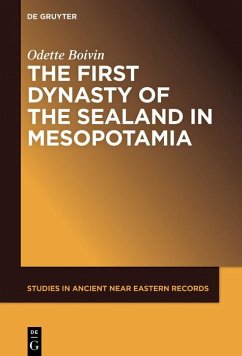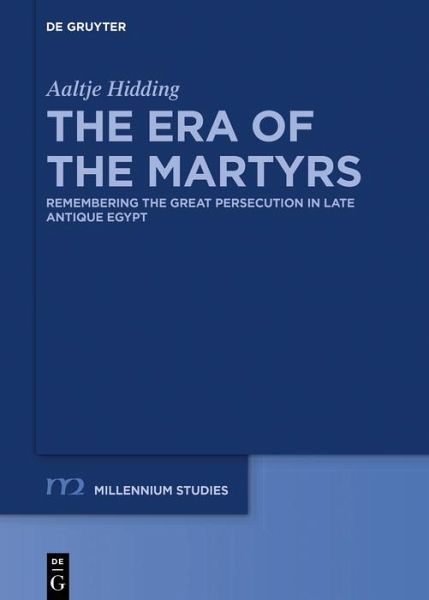
The Era of the Martyrs (eBook, PDF)
Remembering the Great Persecution in Late Antique Egypt
Versandkostenfrei!
Sofort per Download lieferbar
0,00 €
inkl. MwSt.
Weitere Ausgaben:

PAYBACK Punkte
0 °P sammeln!
One of the most traumatic experiences of Late Antique Christians was the Great Persecution, begun by Emperor Diocletian and his Tetrarchic colleagues in 303 CE. Here Aaltje Hidding unites research of traditional memory studies with work done by cognitive scientists to examine how they remembered the Persecution. The resulting methodological framework, the 'cognitive ecology', systemically studies all what can be covered by this term - social surroundings, cognitive artefacts and the physical environment - and bridges the gap between individual and collective memory. The author analyses the rem...
One of the most traumatic experiences of Late Antique Christians was the Great Persecution, begun by Emperor Diocletian and his Tetrarchic colleagues in 303 CE. Here Aaltje Hidding unites research of traditional memory studies with work done by cognitive scientists to examine how they remembered the Persecution. The resulting methodological framework, the 'cognitive ecology', systemically studies all what can be covered by this term - social surroundings, cognitive artefacts and the physical environment - and bridges the gap between individual and collective memory. The author analyses the remembrance of the Persecution in three different regions along the Nile river. In Oxyrhynchus, the thousands of papyrus fragments found at the city's rubbish dump give a vivid image of the martyrs in the daily lives of the Oxyrhynchites. In Antinoopolis, known for the cult of the physician saint Colluthus, she zooms in on the rituals and practices at a martyr's sanctuary. Finally, in Dandara, the rich hagiographical dossier of the anchorite Paphnutius shows how old memories of the Persecution became mixed with new monastic experiences. The Bohairic and Greek Passion of Paphnutius appear in their first complete English translations.
Dieser Download kann aus rechtlichen Gründen nur mit Rechnungsadresse in A, B, BG, CY, CZ, D, DK, EW, E, FIN, F, GR, HR, H, IRL, I, LT, L, LR, M, NL, PL, P, R, S, SLO, SK ausgeliefert werden.




